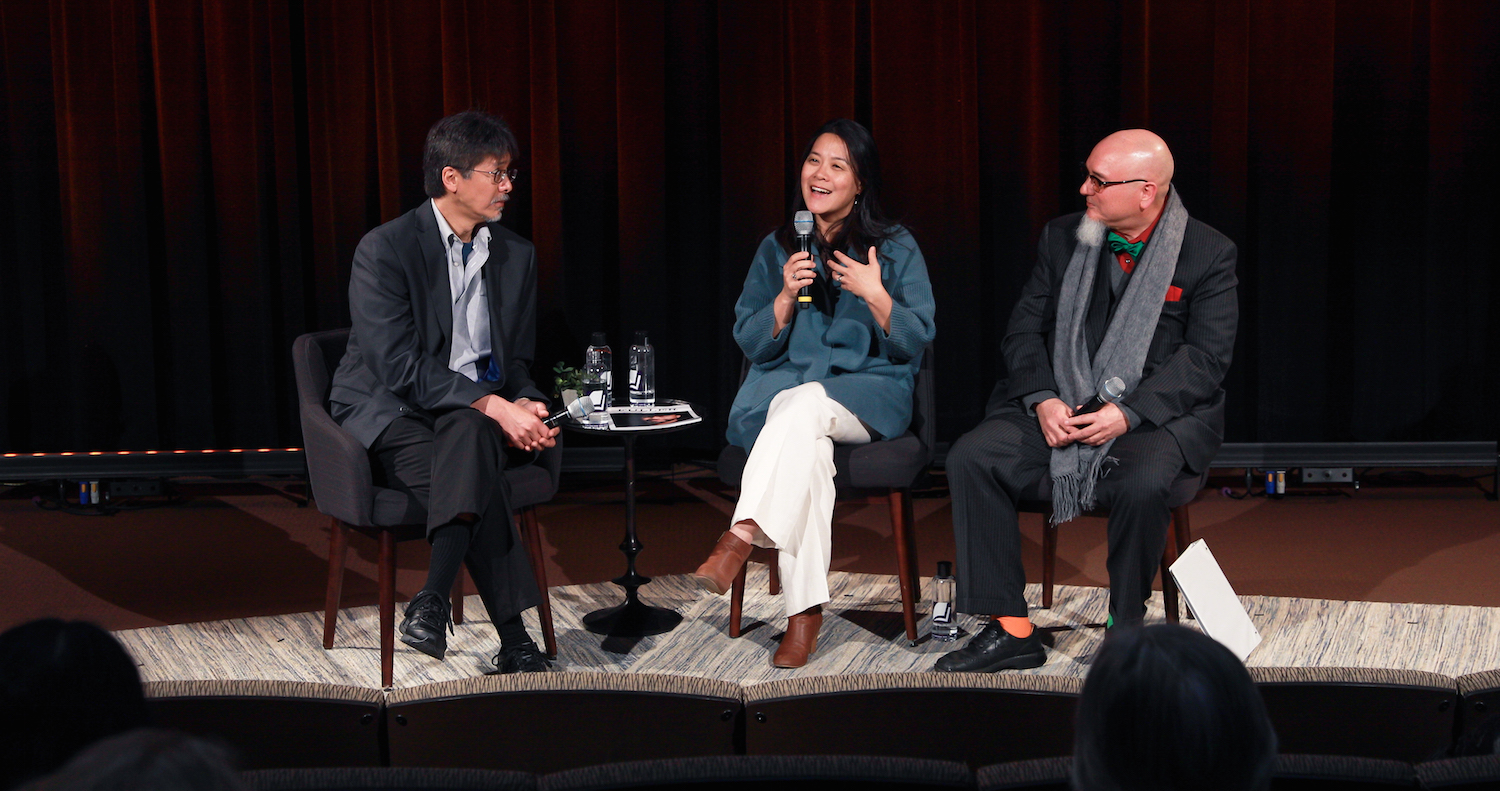“What is it that keeps therapists at it, year after year and client after client? For therapists who follow Christ, I propose the narrative of peacemaking to see our work as being caught up in the ongoing restorative work of God. . . . Clients have been humbled and are looking for hope; do we have the imaginations to see them as deeply loved by God?”
 + Cameron Lee, professor of marriage and family studies, spoke at the 2018 Integration Symposium on peacemaking, narrative coherence, and clinical virtues that support the work of therapy. Also known as the Fuller Symposium on the Integration of Psychology and Theology, this annual lectureship is hosted by Fuller’s School of Psychology. Watch highlights from the event above, and explore the lectures and responses below.
+ Cameron Lee, professor of marriage and family studies, spoke at the 2018 Integration Symposium on peacemaking, narrative coherence, and clinical virtues that support the work of therapy. Also known as the Fuller Symposium on the Integration of Psychology and Theology, this annual lectureship is hosted by Fuller’s School of Psychology. Watch highlights from the event above, and explore the lectures and responses below.
“We are desiring animals, and our desires and affections matter much more than our sense of duty or universal principles. . . . What’s the role of divine agency, God’s person and work and in particular the Spirit, in virtue formation?”
+ Hak Joon Lee, Lewis B. Smedes Professor of Christian Ethics, in his response to Cameron Lee’s lecture. Watch Cameron Lee’s lecture above and responses here:
“Our hope is in relation; it is found in the face and gaze of God. It is experienced in the grip of God. . . . When we are waiting for restoration and healing in our clients’ lives or in our own relationships, we can have hope. Not that the journey will be safe, but we can take heart because our hope is not an unmoored hope. Our hope is anchored in God.”
+ Pamela Ebsytne King, Peter L. Benson Associate Professor of Applied Developmental Science, in her response to Cameron Lee’s lecture. Watch the lecture above and responses here:
“If as Christians we believe that the Sabbath was created by a God who desires to restore us, how do we help the poor in spirit know the gift of the Sabbath and Sabbath rest? How intentional are we in making sure the lifestyles we live don’t require perpetuation of the kind of work that is oppressive for others? Sabbath rest brings us back to God, but it is also a means of bringing us back to an awareness of one another.”
+ Miyoung Yoon Hammer, associate professor of marriage and family therapy, in her response to Cameron Lee’s lecture. Watch the lecture above and responses here:

+ All content on this page is drawn from the 2018 Fuller Symposium on the Integration of Psychology and Theology. Commonly known as the Integration Symposium, this annual lectureship hosted by Fuller’s School of Psychology features a nationally recognized scholar focusing on a single integrative issue. Learn more about the School of Psychology.
